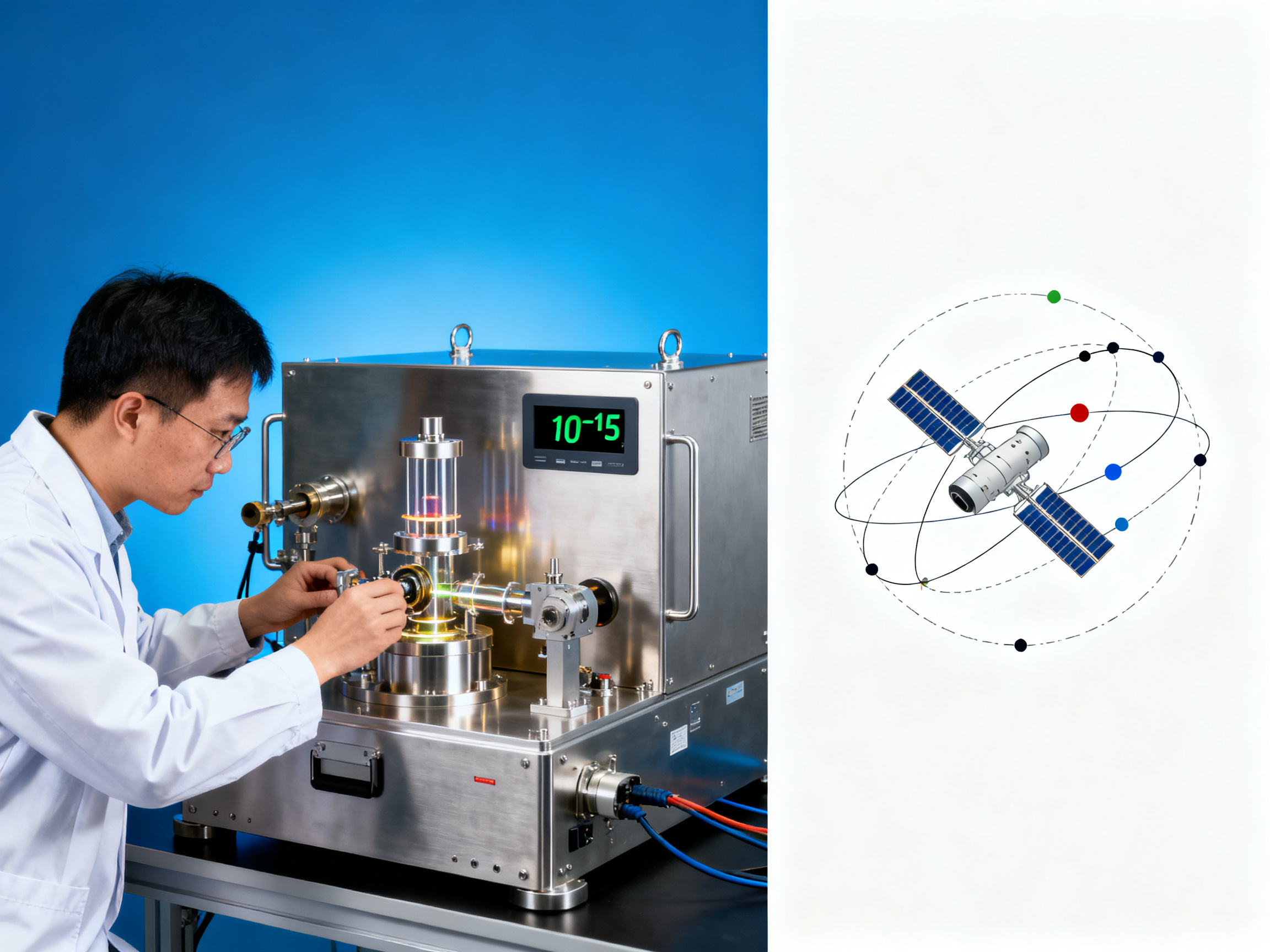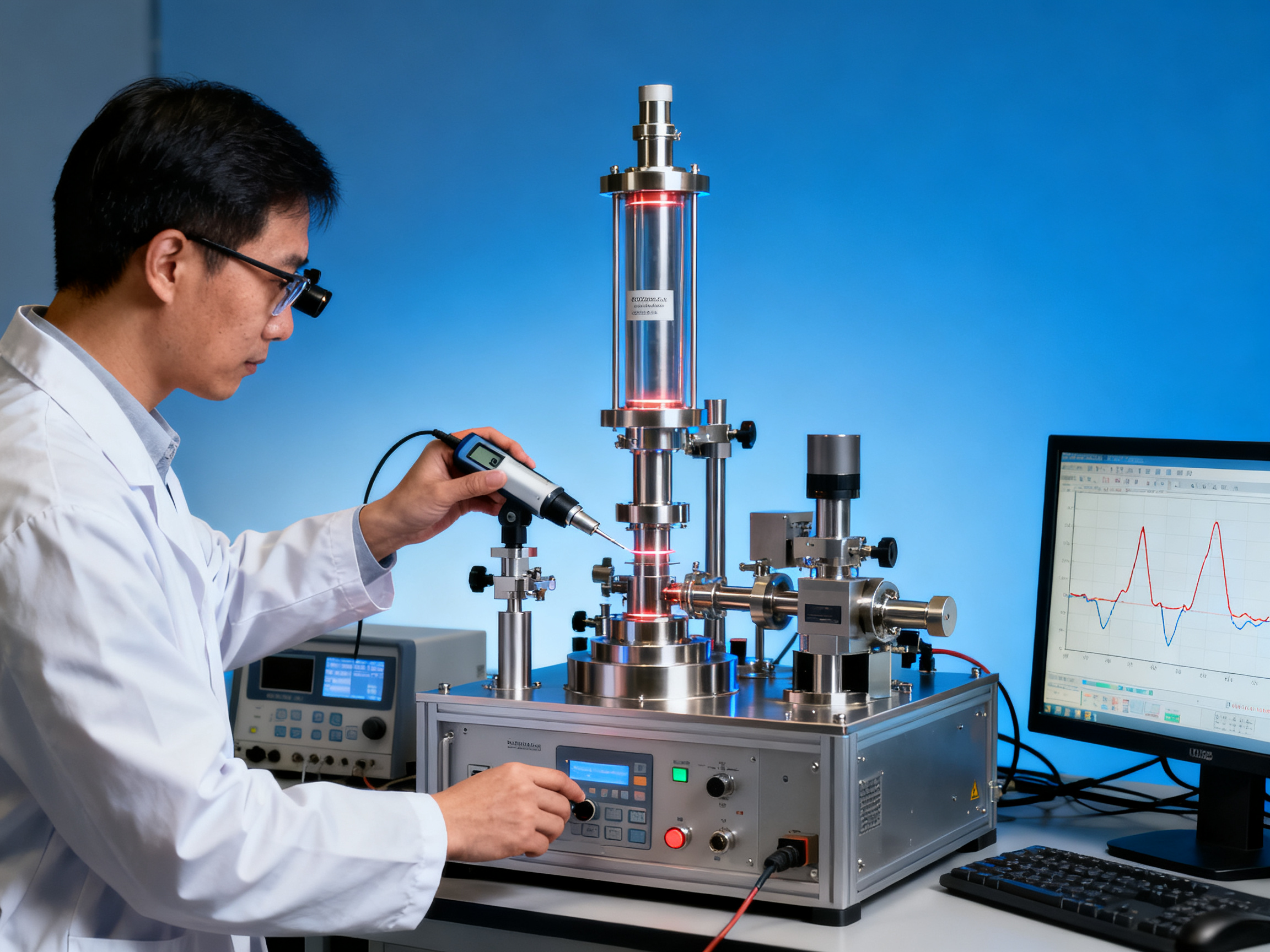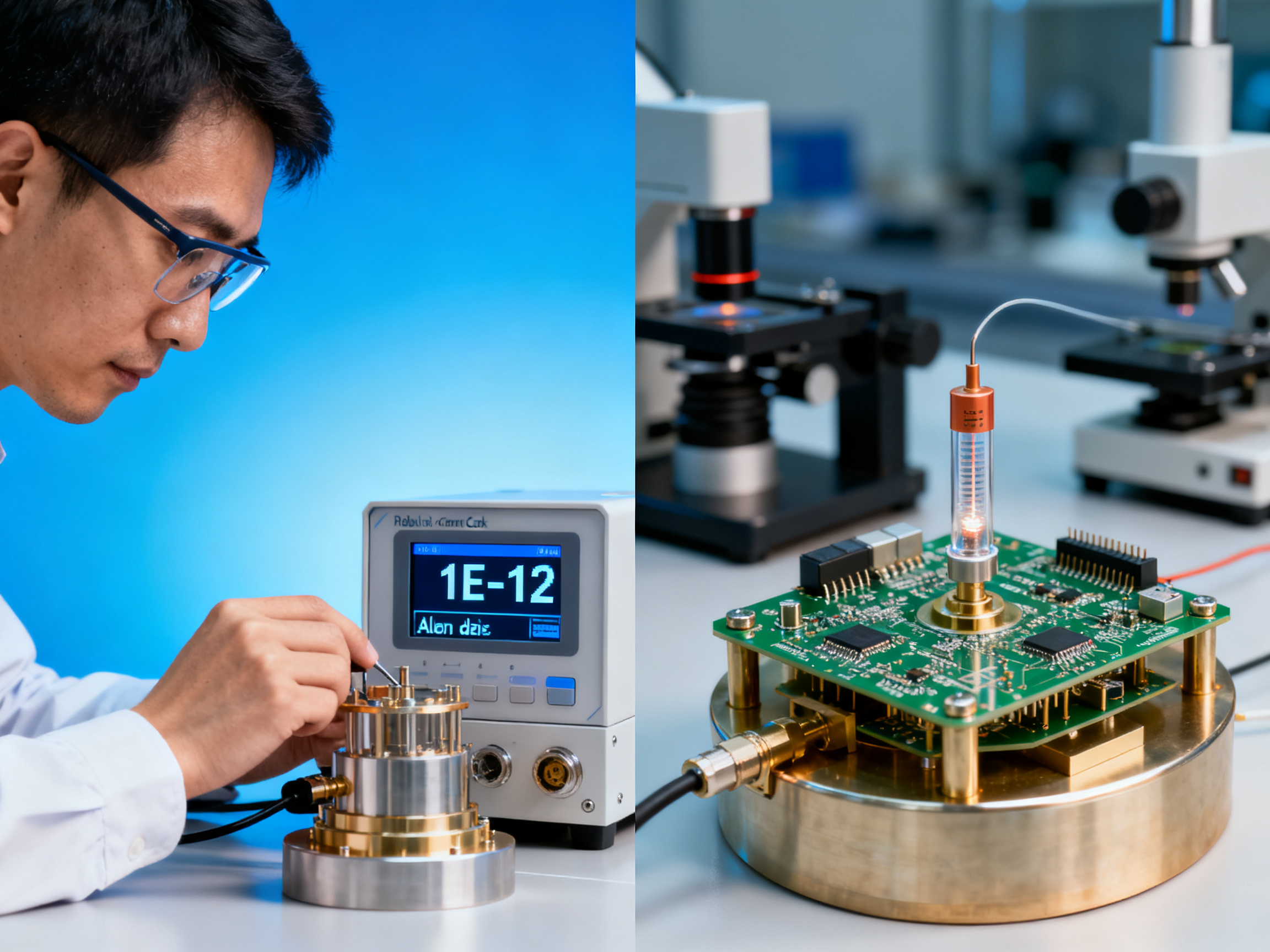RELATED
 Case Study: Implementing Optical Pump Cesium Frequency Standards in Aerospace Applications2026-02-02
Case Study: Implementing Optical Pump Cesium Frequency Standards in Aerospace Applications2026-02-02 Latest Innovations in Optical Pump Cesium Frequency Standards: 2023 Industry Updates2026-01-28
Latest Innovations in Optical Pump Cesium Frequency Standards: 2023 Industry Updates2026-01-28 Optical Pump Cesium Frequency Standard Maintenance: Best Practices for Long-Term Reliability2026-01-26
Optical Pump Cesium Frequency Standard Maintenance: Best Practices for Long-Term Reliability2026-01-26 Top 5 Factors to Consider When Purchasing Rubidium Atomic Clocks for Your Lab2026-01-22
Top 5 Factors to Consider When Purchasing Rubidium Atomic Clocks for Your Lab2026-01-22
MESSAGE
Rubidium Atomic Clocks: The Unsung Heroes of Global Navigation Systems
Rubidium atomic clocks are the backbone of modern global navigation systems, offering unparalleled precision and reliability. These devices ensure that GPS, GLONASS, and other satellite networks operate with minimal error, making them indispensable in industries ranging from telecommunications to defense. This article delves into the technology behind rubidium atomic clocks, their applications, and why they are critical for maintaining accurate time synchronization across the globe.
What is a Rubidium Atomic Clock?
A rubidium atomic clock is a high-precision timekeeping device that uses the hyperfine transition of rubidium atoms to maintain accurate time. Unlike traditional quartz clocks, which can drift over time, rubidium atomic clocks offer stability and precision measured in parts per trillion. This makes them ideal for applications where even a microsecond of error can have significant consequences.
How Rubidium Atomic Clocks Work
Rubidium atomic clocks operate by exposing rubidium atoms to microwave frequencies. The atoms absorb energy at a specific frequency, known as the hyperfine transition frequency. By locking an oscillator to this frequency, the clock can maintain extremely accurate time. The process involves:
- Vaporizing rubidium atoms in a heated cell.
- Exposing the atoms to microwave radiation.
- Measuring the absorption of energy to determine the exact frequency.
- Using this frequency to stabilize the clock's oscillator.
Applications of Rubidium Atomic Clocks
Rubidium atomic clocks are used in a variety of industries, including:
- Global Navigation Satellite Systems (GNSS): These clocks provide the precise timing needed for GPS, GLONASS, and other satellite networks to function accurately.
- Telecommunications: They ensure synchronization in fiber-optic networks and mobile communication systems.
- Defense and Aerospace: Rubidium clocks are used in military communications, radar systems, and satellite navigation.
- Scientific Research: They are essential in experiments requiring precise time measurements, such as particle physics and astronomy.
Advantages Over Other Atomic Clocks
Rubidium atomic clocks offer several advantages over cesium and hydrogen maser clocks:
Industry Standards and Certifications
Rubidium atomic clocks must meet stringent industry standards to ensure reliability and performance. Key certifications include:
- ITU-T Recommendations for time synchronization in telecommunications.
- MIL-STD-810 for military applications.
- ISO 9001 for quality management systems.
Future Trends in Rubidium Atomic Clock Technology
The future of rubidium atomic clocks lies in miniaturization and improved energy efficiency. Researchers are exploring:
- Integration with quantum technologies for even greater precision.
- Development of chip-scale rubidium clocks for portable applications.
- Enhanced algorithms for better frequency stability.
Why Choose Our Rubidium Atomic Clocks?
As a leading provider of high-precision time and frequency solutions, we offer rubidium atomic clocks that combine cutting-edge technology with reliability. Our products are designed to meet the needs of global navigation systems, telecommunications, and defense applications. With a proven track record and international certifications, we are the trusted choice for industries that demand the best in timekeeping technology.
For more information on how our rubidium atomic clocks can enhance your operations, contact us today.
CONTACT US
Please use the form below to get in touch.
If you need a reply we will get in touch as soon as possible.





